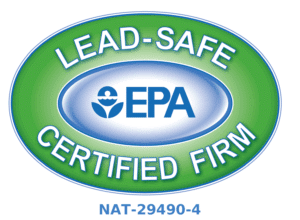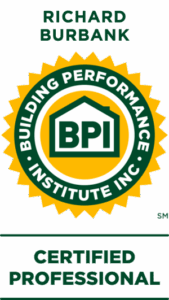Efficiency First weighs in on a controversial study
National home performance association Efficiency First has weighed in on last month’s controversial claim by researchers at the E2e Project that the costs of residential energy efficiency upgrades outweigh their energy benefits.
The researchers based their conclusions on a study of more than 30,000 Michigan households enrolled in the federal Weatherization Assistance Program (WAP), which funds the full cost of energy efficiency and safety upgrades for low-income households. They found that while efficiency improvements did reduce overall energy use, those realized savings were only 40% of the average predicted savings and that “when measured by the energy savings and emissions benefits, these efficiency upgrades were not a good investment.”
Critics have questioned everything from the choice of this sample group to the way costs and benefits were measured, and the resulting brouhaha has raised questions about how we implement and assess energy efficiency programs.
This is an important conversation, and it may well impact large-scale efficiency programs, especially those funded by WAP. But the controversy about this study’s methodology and confusion only highlights these key facts:
- Benefits come in different forms.
In the WAP study, researchers only measured direct energy savings. In reality, energy efficiency improvements also improve home value and deliver comfort, health, and safety benefits, and those benefits matter a great deal to most homeowners. - Co-investment is an opportunity for everyone.
Because WAP programs target low-income households, they fund the full cost of improvements. Most programs, including Efficiency Maine incentives, are far more cost-effective because they require a co-investment from homeowners. Since no one is paying the whole bill, each group gets more for its money. - Implementation matters.
One hypothesis about the gap between predicted and realized savings is that inexperienced contractors may have missed opportunities to maximize savings. In the private market, homeowners can – and should – insist on highly trained, qualified, contractors who get superior results.
Ready to reap the multiple benefits of energy efficiency upgrades by leveraging Efficiency Maine incentives? Schedule a free consult with Evergreen Home Performance.



